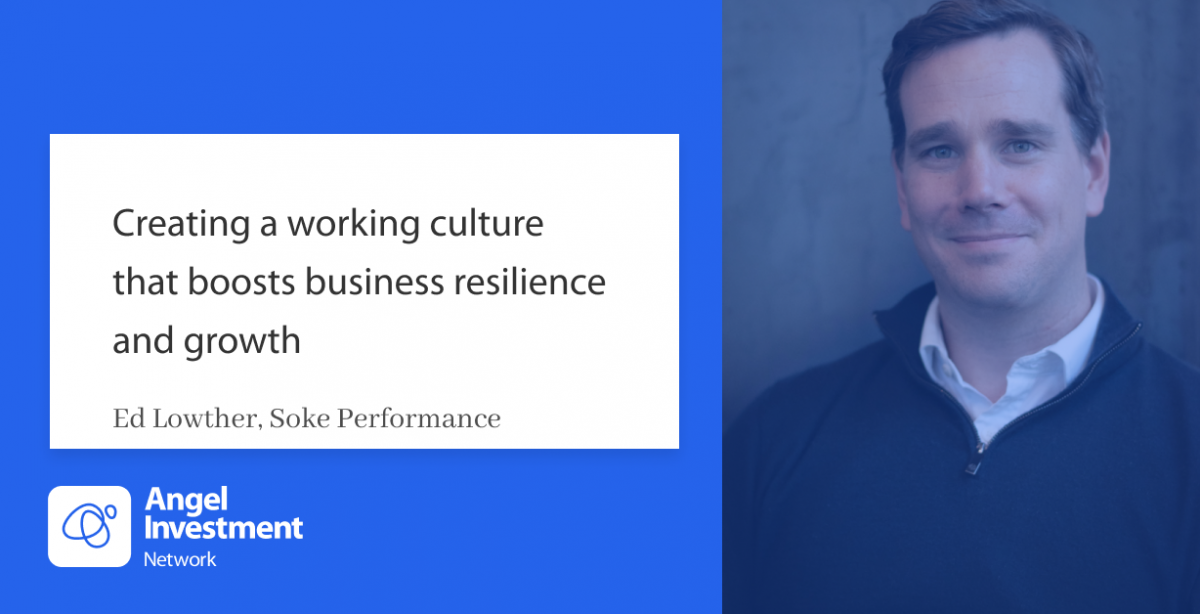Almost three-quarters of investors wouldn’t back a company with a problematic workplace culture. And 66 per cent of potential recruits wouldn’t accept a job with a company known for having a bad culture. In a recent report (May 2022) by software developer, Culture Shift, these startling statistics reveal that attitudes have significantly shifted – people are simply unwilling to put up with negative or toxic cultures.
This means that when growing your business creating a positive working culture is higher up the priority list for a founder and organisational leaders of small or large enterprises, than it has ever been. With a natural expectation from investors for a business to be resilient in challenging economic circumstances and still grow, then this culture has to be carefully created and maintained.
The good news is that if you get this right there are positives for your business. A LinkedIn survey found that employees would rather put up with lower pay (65%) and forego a fancy title (26%) than deal with a bad workplace environment. Get it wrong and not only can you have an unhealthy culture, 85% of CEOs and CFOs believe it also leads to unethical behaviour – which often leads to organisational failure.
Even 20 years later, most business school graduates still have the 2001 Enron scandal as the exemplar of corporate boom and bust, and at its heart was a story of ordinary, but widespread corrupt business practices by employees, in Enron and in the accounting firm, Arthur Anderson – put simply: a bad culture.
As a mental health care organisation, The Soke, has a particular point of view on culture. Very often we see clients as the result of poor workplace cultures where bullying and harassment is commonplace, competition between employees is malicious and there is little trust between managers and their teams. Psychologically these people are badly injured and after successful treatment and recovery, rarely return to the place that the damage occurred.
So, if building a positive workplace culture is the answer, what does it take to be an organisation that does that, drawing great employees in and holding them there? Ultimately, there are myriad of factors and you cannot simply project manage this. It has to be at the core of everything that your company does – a collection of ideas, customs and behaviours of you and your team, which may include a few virtual assistants, that is applied every time and in all situations. What follows are some ideas of where to start and how to take it a step further.
Define and state the company’s purpose
Whether you build it around a founder’s story, aligning your purpose with the company’s purpose, or defining a purpose of your business that others can align to, make sure the reason for the business is clear, distinct and memorable. It means that employees across a range of roles, know how their contributions to the workplace are meaningful. Authenticity is key here – your customers and staff will tell if it’s out of synch.
Define and state the company’s values
This helps every person to instinctively know what they need to do, how to act, and what to say without the necessity for training at every conceivable moment. Be aware that values are not just what is written on the walls or in a glamorous presentation. The way you role-model these values in your behaviour day-to-day and in your interactions with the team is how values grow. For example, if you are constantly talking about profit and focused on the speed of the company’s growth more than anything else, then don’t be surprised if your team operates with these principals in mind. This might mean that the values around quality and taking time with customers don’t materialise, or take a back seat.
Communicate relentlessly
It’s not possible to over-communicate with your team – only at the point that you are sick of repeating the message have they heard it. This can start as part of collaborating with your team about purpose and values, then continuing with improving proactive communications, so they feel it is done with, rather than done to – particularly if people fall short of the values that you’ve set.
Be consistent
Only through the consistency of your emotional response to situations, the way you lead and manage, and role-model good behaviours will you build trust across the team and sustain the positive culture you are looking for. This is really the test of how aligned your own purpose and values are to those of the company. For a workforce spread across different time zones and locations, working remotely through a variety of communication channels, the task of building a positive culture is layered with additional challenges, but cannot be neglected.
Ultimately, organisational resilience and growth comes from the individuals in the organisation. Leaders set the example, but are not the whole organisation. They can model consistency in values, purpose, and how to respond to situations, which is important, but this needs to be integrated into the entire team and way of working. Only a consistent, values-based approach and a curiosity about learning from hardship and success will enable you to build a culture of resilience and growth.
Ed Lowther is Head of Soke Performance, the corporate services division of the private mental health and wellness clinic The Soke.
If you’re looking for an angel investor to help fund your business, then the Angel Investment Network can help. Sign up to pitch your business to investors all over the world

